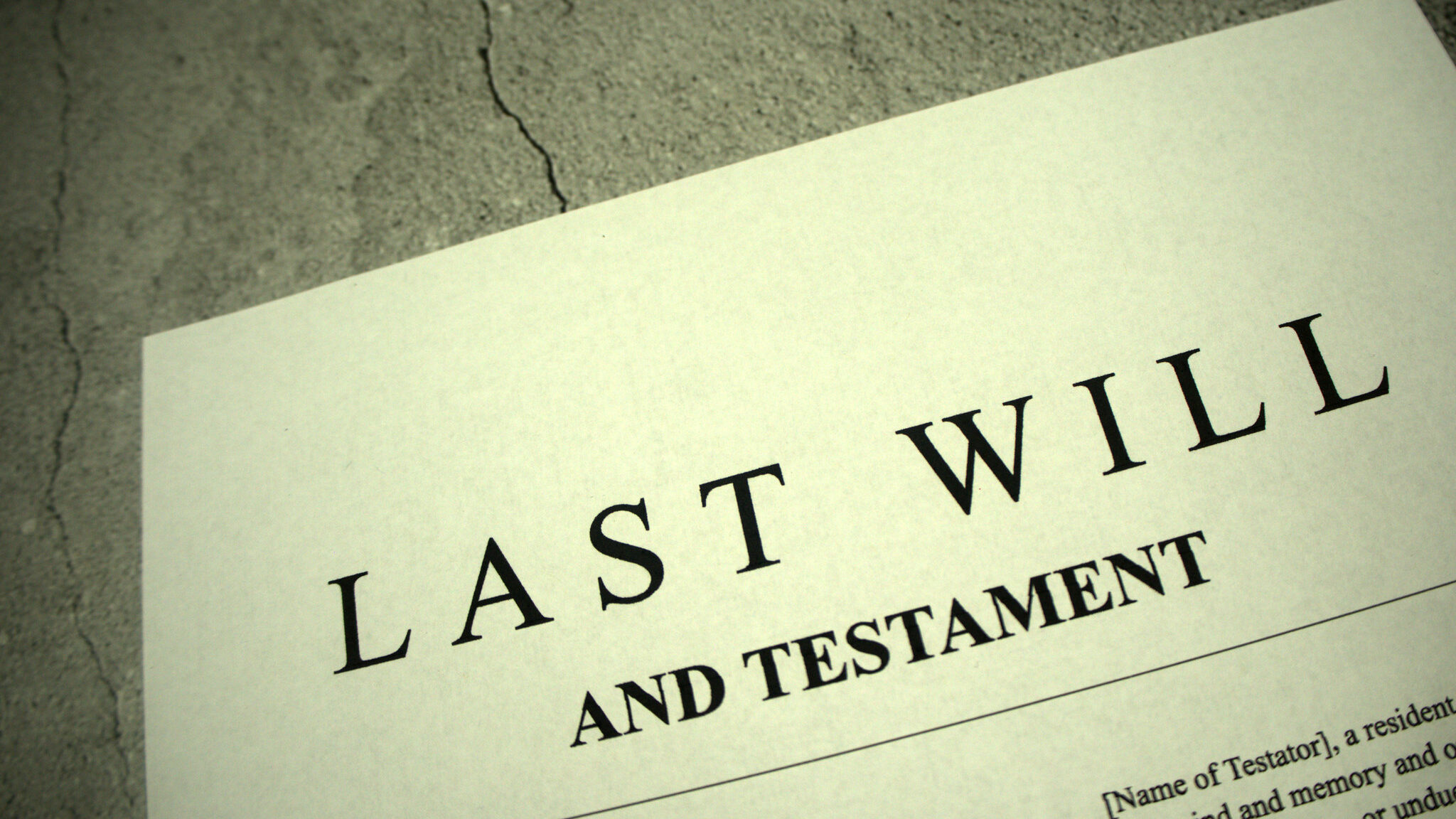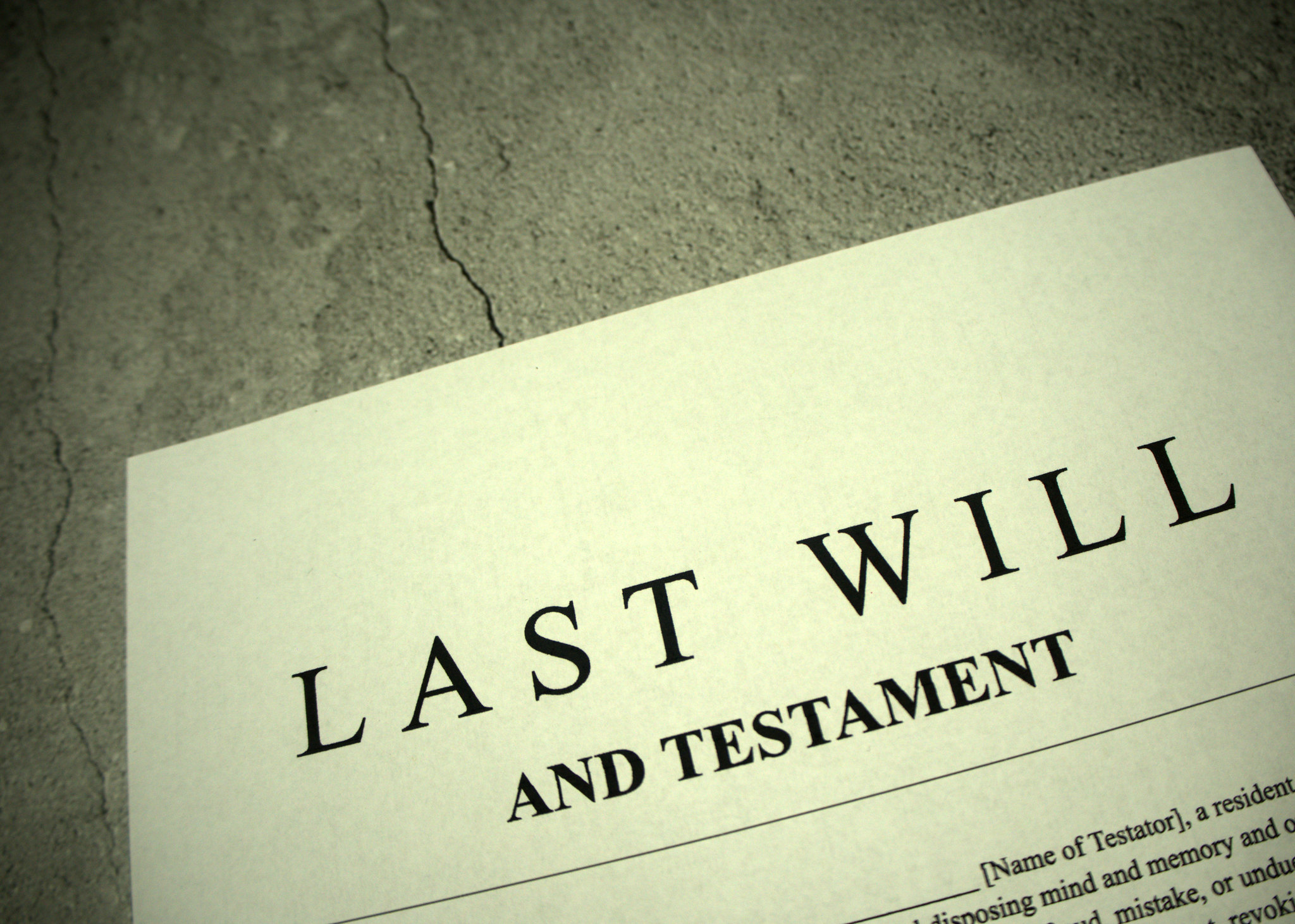
Estate planning isn’t just about dividing your belongings after you’re gone. It’s about making sure your wishes are respected and easing the emotional and legal burden on your loved ones. For those in their sixties and beyond, taking a moment now to get things in order can bring real peace of mind. Well, that’s I found anyway.
The main tools here are wills and trusts. Each serves a different purpose, and sometimes they work together. Understanding their roles can help you make informed choices. I know it sounds like it’s going to be complicated. Getting into the nitty gritty, maybe. Which is why you consult an expert, but the reasons for using them are not. In fact, as you will find out, it’s common sense.
Wills: The Foundation of Your Plan
A will is your basic roadmap for what happens to your assets:
- It names who gets what.
- It appoints someone (the executor) to manage things.
- It can detail how special items or savings are handled.
While simple in concept, making sure your will is legally valid in the UK (or wherever you live) is vital. DIY templates exist, but consulting a professional ensures clarity and compliance. The way I see it, this is one thing you don’t want to get wrong. This is mainly due to the fact when it’s time to use one you will not be around to correct it.
Once you have made a will it’s important to remember to update it as your life situation changes —marriage, divorce, new grandchildren, or changes in your estate can all mean it’s time to revisit your document.
Trusts: Optional but Powerful
While a will states who inherits your assets, a trust goes further by allowing you to state how and when they do. A trust therefore gives you more control.
Benefits can include:
- Added privacy (unlike wills, trusts don’t usually become public record).
- Structured inheritance (e.g., children or grandchildren receive assets at certain ages).
- Protection from disputes or creditors.
- In some cases, reduced administrative or tax costs.
Trusts can be created in two ways:
- Standalone (Living) Trusts – Set up during your lifetime and can start managing assets immediately, continuing after your death.
- Testamentary Trusts – Created within your will and only come into effect after your passing.
Common Types of Trusts
- Revocable (Living) Trust
- Can be changed or cancelled during your lifetime.
- Lets you keep control of your assets while alive.
- Often used to avoid probate (the legal process of proving a will).
- Irrevocable Trust
- Cannot usually be changed once it’s created.
- Offers stronger protection from creditors or claims.
- In some countries, can reduce inheritance or estate taxes.
- Discretionary Trust
- The trustee has flexibility to decide how and when beneficiaries receive money or assets.
- Useful if you want to provide long-term support but not hand over everything at once.
- Fixed Trust
- Beneficiaries receive assets in a set way (for example, each child gets an equal share at age 25).
- Offers clarity and certainty.
- Charitable Trust
- Created to support a charity or cause.
- May offer tax benefits, depending on where you live.
- Special Needs (or Protective) Trust
- Provides for a vulnerable or disabled loved one without affecting their access to state or government benefits.
- Can offer lifelong security for dependants who need extra care.
- Can also be used for loved ones with drug or gambling addictions to ensue they don’t blow it away.
No matter the type, a trustee must manage the trust responsibly. It’s essential to choose someone reliable, financially capable, and willing to take on the role.
Wills vs Trusts: Choosing the Right Tool
| Feature | Will | Trust |
| Simplicity | High | More complex set up |
| Initial Cost | Lower | Higher Upfront cost |
| Control | Basic distribution | Timing & structure |
| Privacy | Public Record | Generally private |
In reality wills and trusts are mainly used in combination: a will for general bequests, paired with a trust for more complicated situations. For instance, where a couple owns a house jointly. In this situation, for example in the UK, as I have been lead to believe it’s a good idea to change from joint tenants to tenants in common giving each owner 50% share. Then set up a Property Trust will that ensures on the death of the first owner, their 50% share is held in a trust for the children, allowing the surviving partner to live in the house but preventing their share from being lost to a new partner, remarriage, or excessive care home fees. I was shocked to learn this as well!
Where to Get Advice
Local rules vary, and getting the right guidance is essential:
- United Kingdom: Citizens Advice and Law Society are good starting points. For complex estates, STEP-qualified professionals (Society of Trust and Estate Practitioners, TEPs) are highly recommended. They bring advanced expertise and adhere to rigorous professional and ethical standards.
- United States: American Bar Association and local state bar associations.
- Canada: Canadian Bar Association.
- Australia: Law Council of Australia and state Public Trustees.
- New Zealand: New Zealand Law Society and Public Trust.
- Ireland: Law Society of Ireland.
🌍 Global note: STEP is an international organisation with over 22,000 members across 100 countries. You can search
